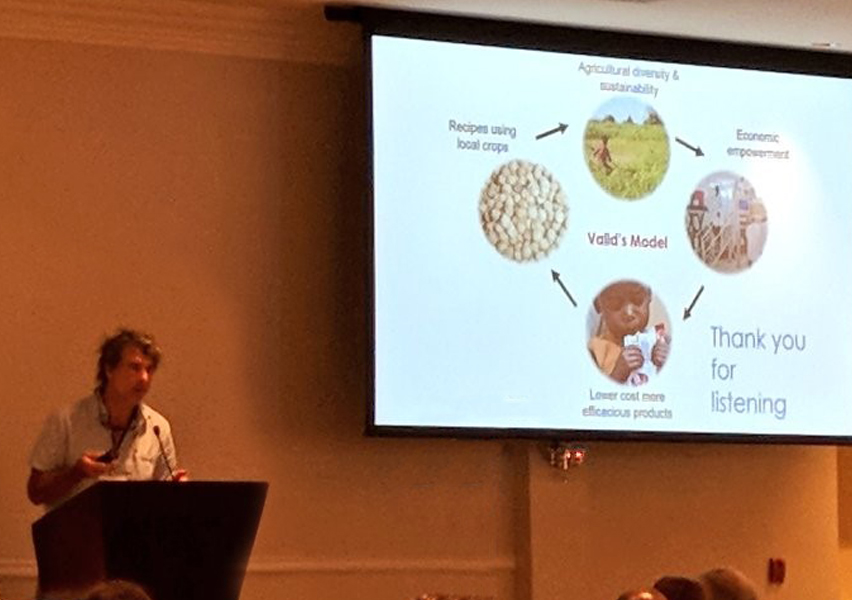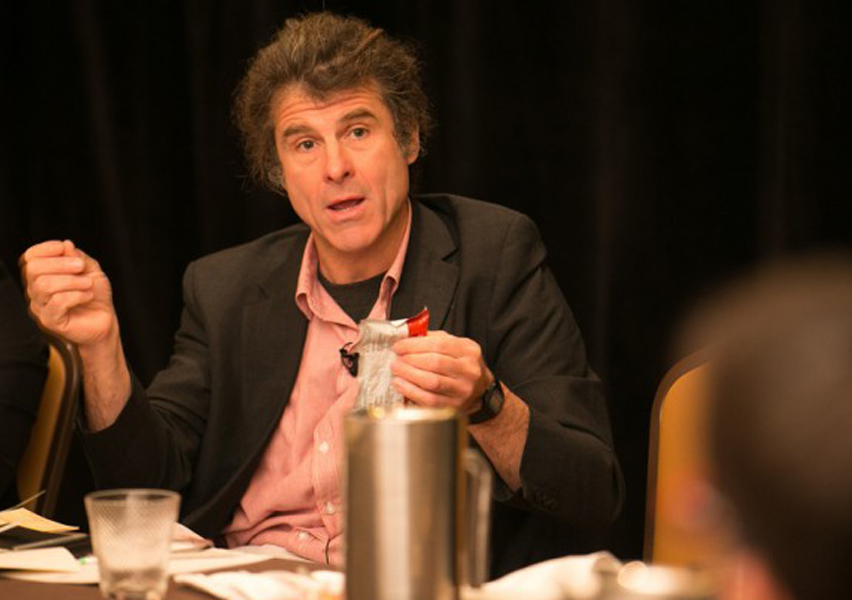Our Story
VALID Nutrition was set up in 2005 by Steve Collins – a medical doctor and world renowned expert on nutrition who has spent most of his working life in the frontline of famine and malnutrition relief.
In partnership with Concern Worldwide, Steve was responsible for pioneering the development of Community-based Management of Acute Malnutrition (CMAM) – a model of care to treat acute malnutrition (starvation) that moved away from the traditional and low coverage inpatient/hospital model, to treating people in their homes with the support of local clinics and the use of Ready-to-Use Therapeutic Foods (RUTF). These are highly fortified nutritional pastes designed to treat starvation.
CMAM: As well as revolutionising access to care, CMAM has dramatically improved the coverage and therefore impact of care provided to the client.
The stunning success of CMAM has created a mass market for RUTF given that the product is central to the new approach. Realising the potential for this new market to not only treat, but also prevent malnutrition, Steve established VALID Nutrition – with the aim of manufacturing affordable and highly nutritious foods exclusively in developing countries, for all those who need them.
The company intends to do this in a sustainable manner, through a demand-driven, commercial model of supply that simultaneously drives change in how aid is delivered, as well as fostering social and economic development within local societies. To maximise our developmental impact, we source ingredients from indigenous small-holder farmers and local suppliers. We are also well advanced in developing a range of new Ready-to-Use Food (RUF) recipes to tackle other forms of malnutrition (such as chronic malnutrition, also called “hidden hunger”), made exclusively from locally available crops, thereby reducing the product cost and consequently, the treatment cost per child. Local sourcing brings major advantages in terms of food security and critically, a developmental multiplier effect to local economies.

Dr Steve Collins reflects on the opportunities and problems associated with the USD$250 million contribution announced by Administrator, Samantha Power of USAID – a positive catalyst for change?

VALID commissioned and achieved peer-review of a professional report to quantify objectively the overall climate impact profile of the amino-acid enhanced, plant-based RUTF recipe. It has found that the overall global warming potential impacts of the plant-based RUTF recipe are 47%-52% less than the milk-peanut based recipe.

Dr Steve Collins gives a hugely informative and enlightened interview to ENN podcast while discussing his candid Reflections on the UN Global Action Plan on Wasting.
